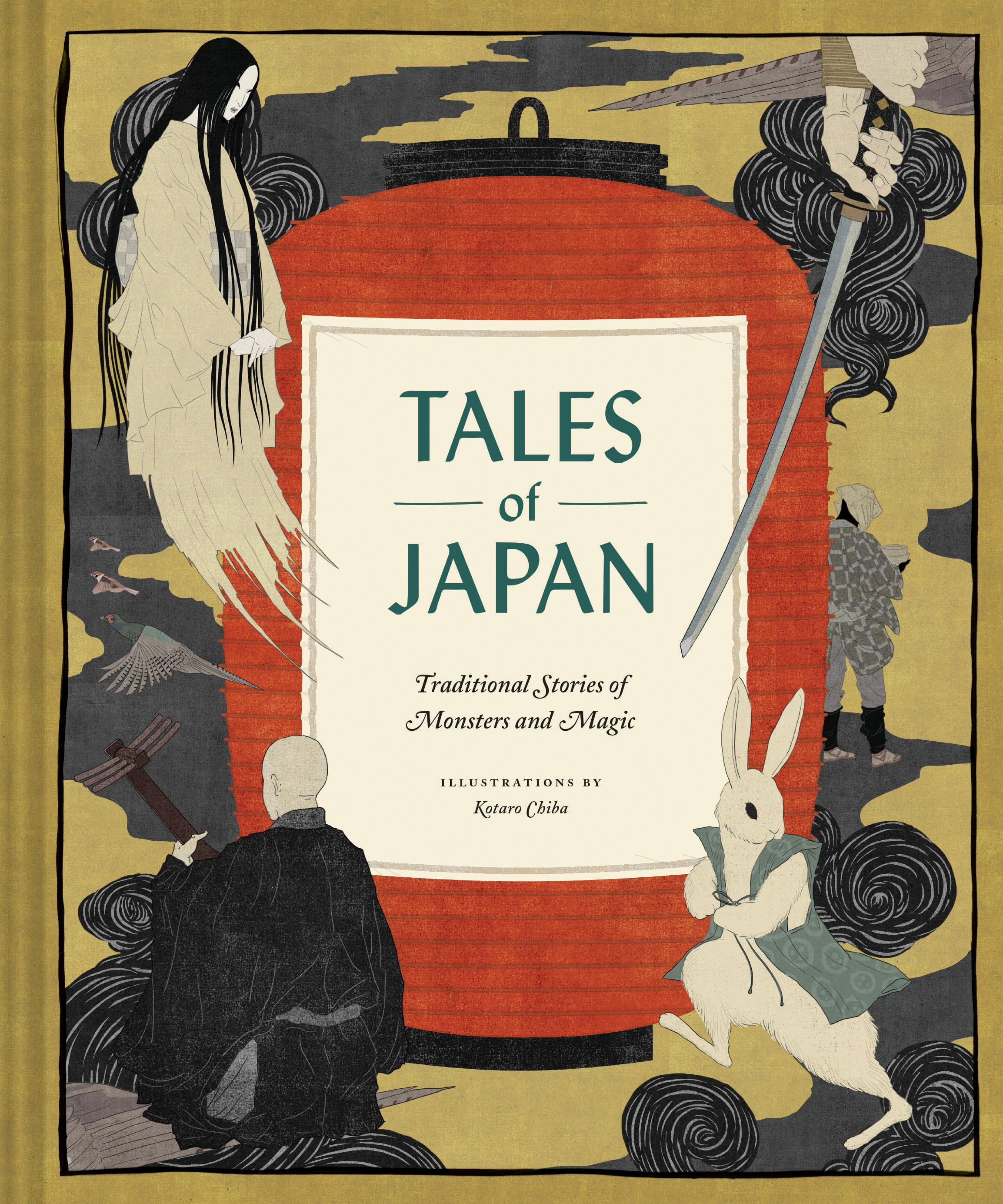

In a typical Japanese folktale, there will be a kind-hearted protagonist faced with adversities (which may include antagonists), and a mystic force to help the protagonist. In the end good people have good results. OK, you may detect the very motif of any other folktales all over the world. However, unlike other countries’ folk stories, where amazing magic solves all the problems, Japanese tales do not focus on the mystic force.

Even with the help from god, the protagonist plays the main part in the development of the story that is, without the will and effort of the protagonist, no problem is solved despite the presence of magic. The example below will clarify the uniqueness of Japanese folktales. He fails in most business because of his timidity and reticence. When Kami (God) of the Poor visits him, Gohei could not offer the kami anything, despite his good will. The god understands Gohei’s sincerity, and tells him: “At midnight three knights – one in yellow outfit and on yellow horse, one white, the last black – will travel along the pagoda. If you fail, try at the second and third knight.” When the first knight passes by, hold the rein of his horse. At midnight, the three knights approach, appearing fearsome. Gohei is petrified, until the yellow knight has passed by. Regaining consciousness, Gohei seizes the rein of the white horse, but it roars and gallops. Gohei tries with the last knight, and the rein slips from his shaking hand. Despaired, he spots one more horseman approaching. The horseman is but the Kami of the Poor, who explains: He seizes the horse’s rein, and the horse stops. “You are too shy to grab one of the three Gods of Wealth: the yellow one is Kami of Gold, the white Silver and the black Bronze.

Try again tomorrow’s night, as we four will pass the pagoda again.” You are just so cowardly you can only grab me, God of Poverty. The following night Gohei waits until the yellow knight comes. Gohei willingly grips the yellow horse’s rein.


 0 kommentar(er)
0 kommentar(er)
